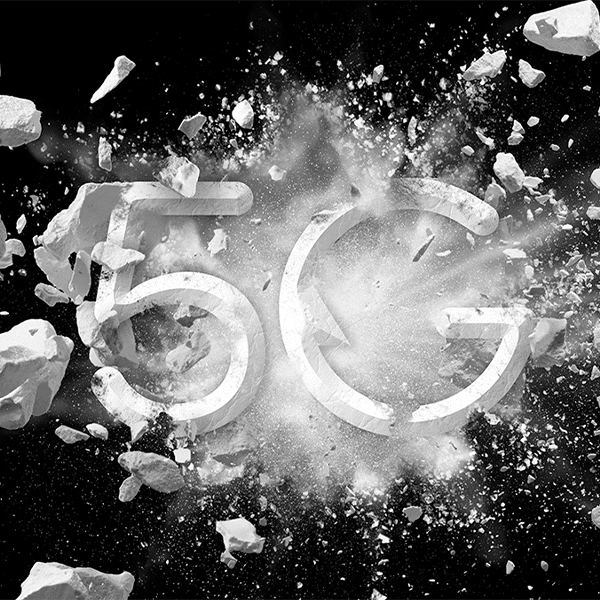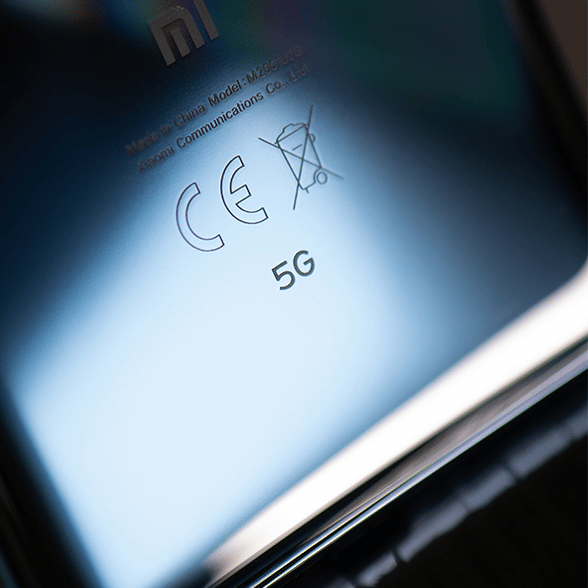Laptops with cellular connectivity have been around for several years. Until recently, they were a limited market, but that’s beginning to change as providers are getting more serious about promoting them.
Less than one million cellular laptops have been sold in an average year, but the forecast for the coming year is 30 million, said Jonathan Nikols, Verizon Business senior vice president of Global Enterprise-Americas, in an interview with Telecompetitor.
And while Bob O’Donnell, president of TECHnalysis Research, doesn’t have a detailed forecast, he told Telecompetitor in a separate interview that conditions are right for cellular laptops to take off.
“Everything people do now is so tied to the web,” said O’Donnell. “You want to be connected. But there are going to be places where the Wi-Fi is not great.”
Cellular laptops initially weren’t more popular, in part, because they needed 5G to gain performance comparable with Wi-Fi. Cost also has been an issue.
“The problem has been that the cost differential between a PC with integrated cellular and one that doesn’t have it has been way too much—around $300,” O’Donnell explained.
In addition, customers typically have to pay for a special cellular plan for the devices – and considering that laptops can use a lot more data than cellphones, those plans aren’t cheap. O’Donnell is hopeful that the price for providers’ service plans for cellular laptops will come down as the providers build out more capacity on their wireless networks.
Nevertheless, some providers are beginning to see a growing market for cellular laptops and are experimenting with how to address that market. While not all providers sell laptops, they have been making deals with manufacturers to drum up business for one another.
O’Donnell pointed to an offer that T-Mobile announced in November that provides free connectivity for 90 days or 30 gigabytes (GB) for people who purchase Microsoft Surface Pro 9 laptops with embedded 5G.
And, as Nikols noted, Verizon has a deal with HCLTech that, among other things, includes cellular laptops.
“HCLTech has a workplace services and solutions practice that provides laptops based on customers’ specifications” and cellular connectivity can be part of those specs, said Nikols.
Verizon also has certified certain laptops from companies such as Dell, HP and Lenovo for use on its network, Nikols noted.
It’s worth noting that cellular hotspots may be a more cost-effective solution to connecting laptops to the internet. But as O’Donnell noted, using a cellphone’s hotspot capability “sucks the battery out of your phone big time—it’s fine for quick hits, but it’s still an extra step.”


